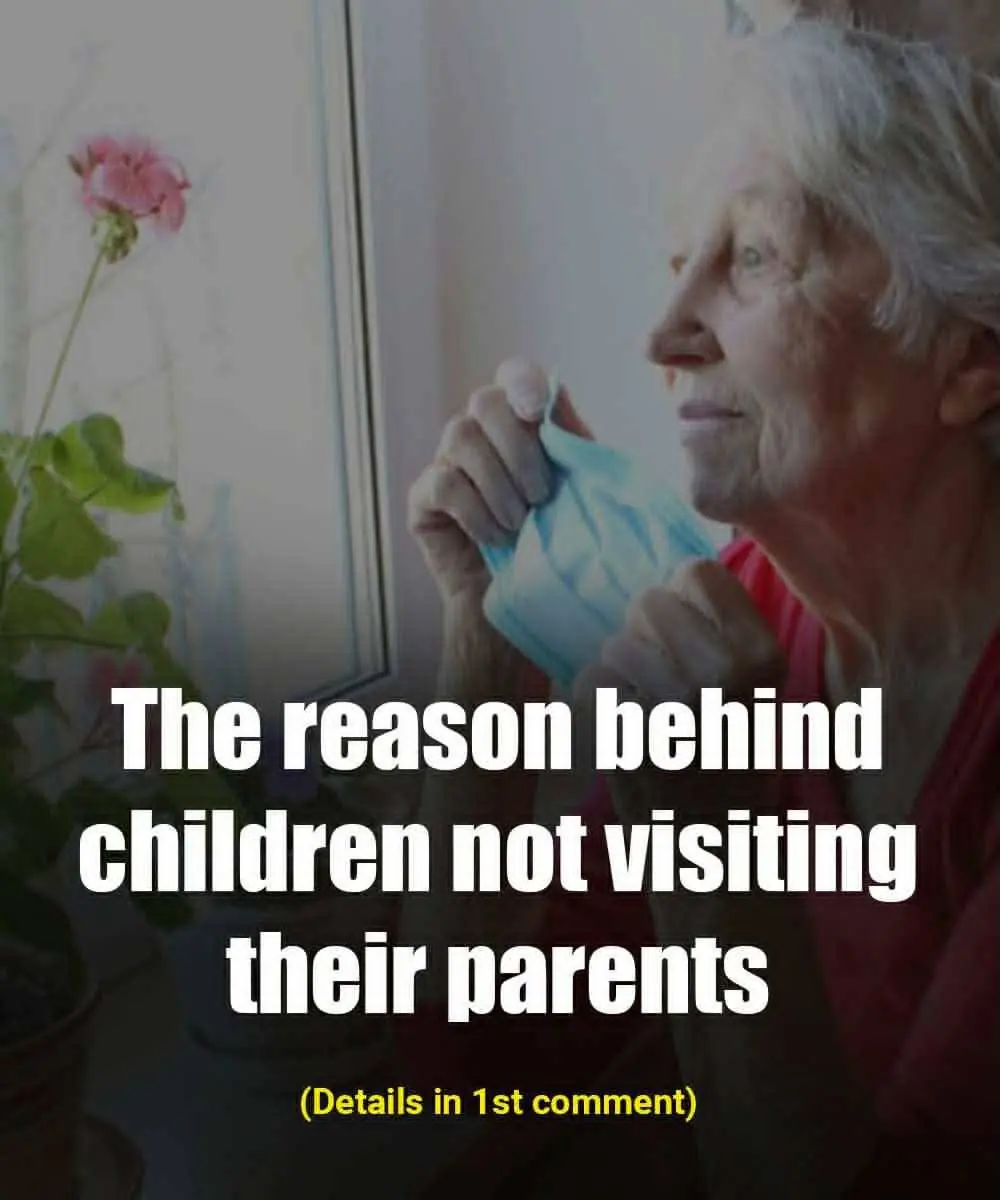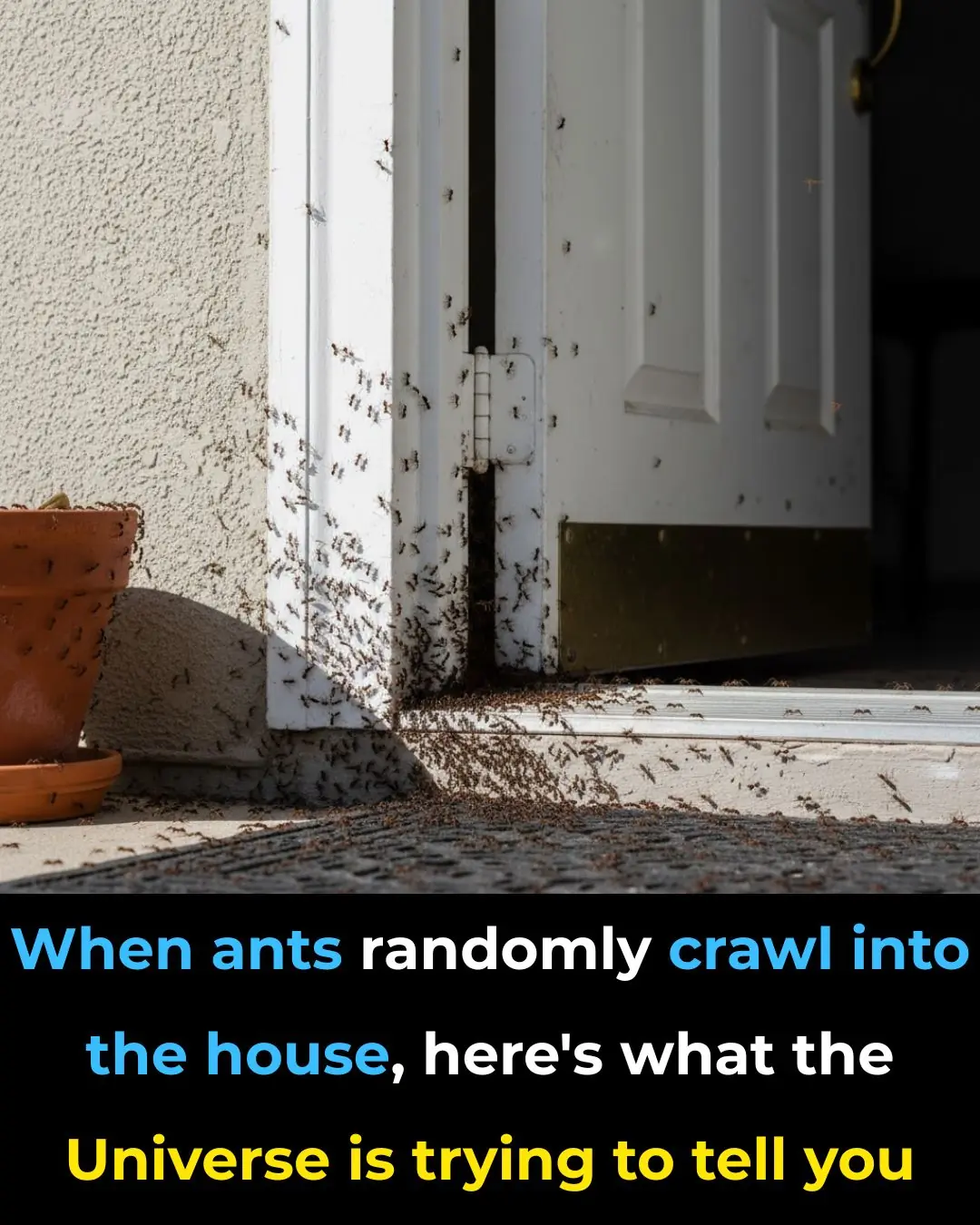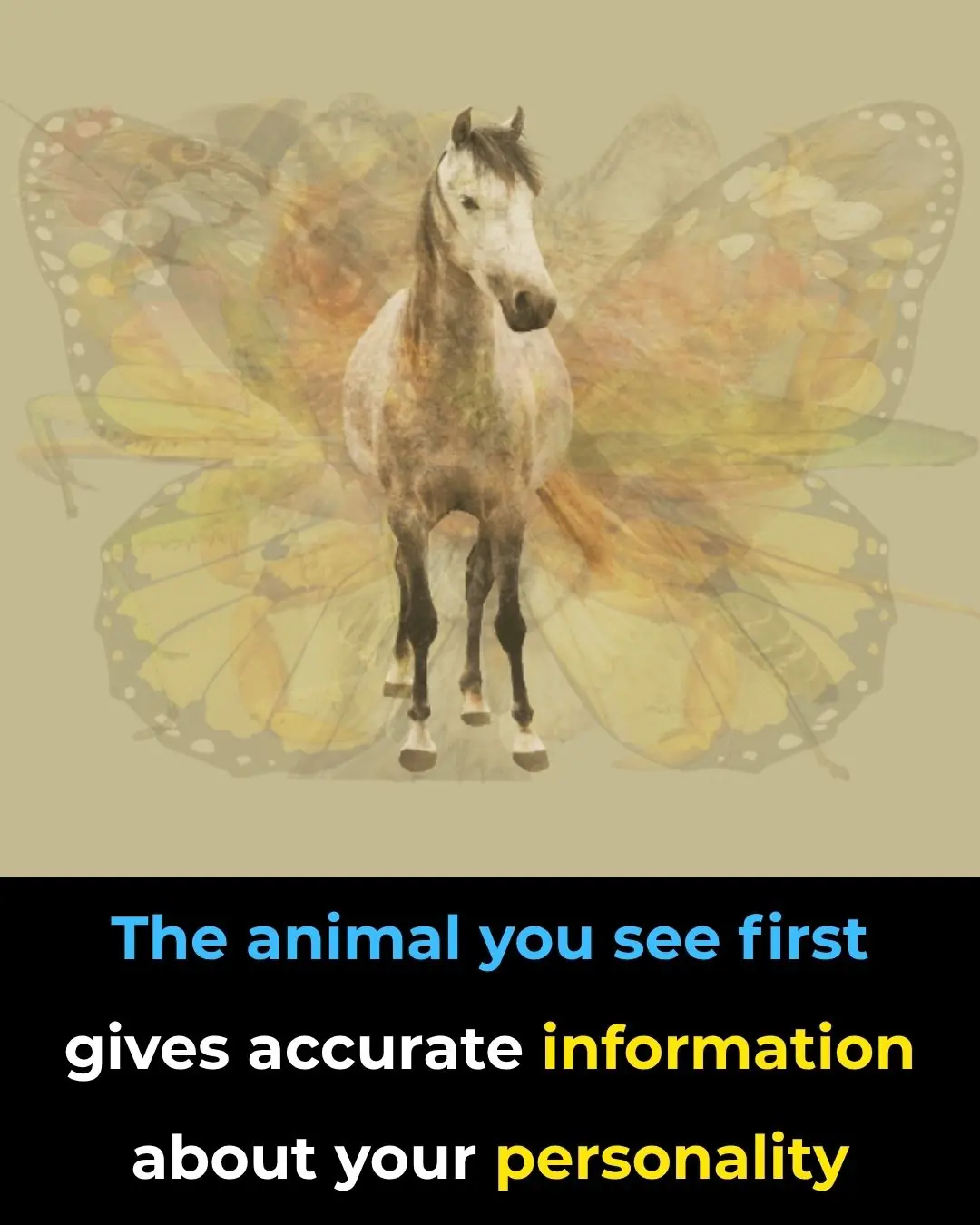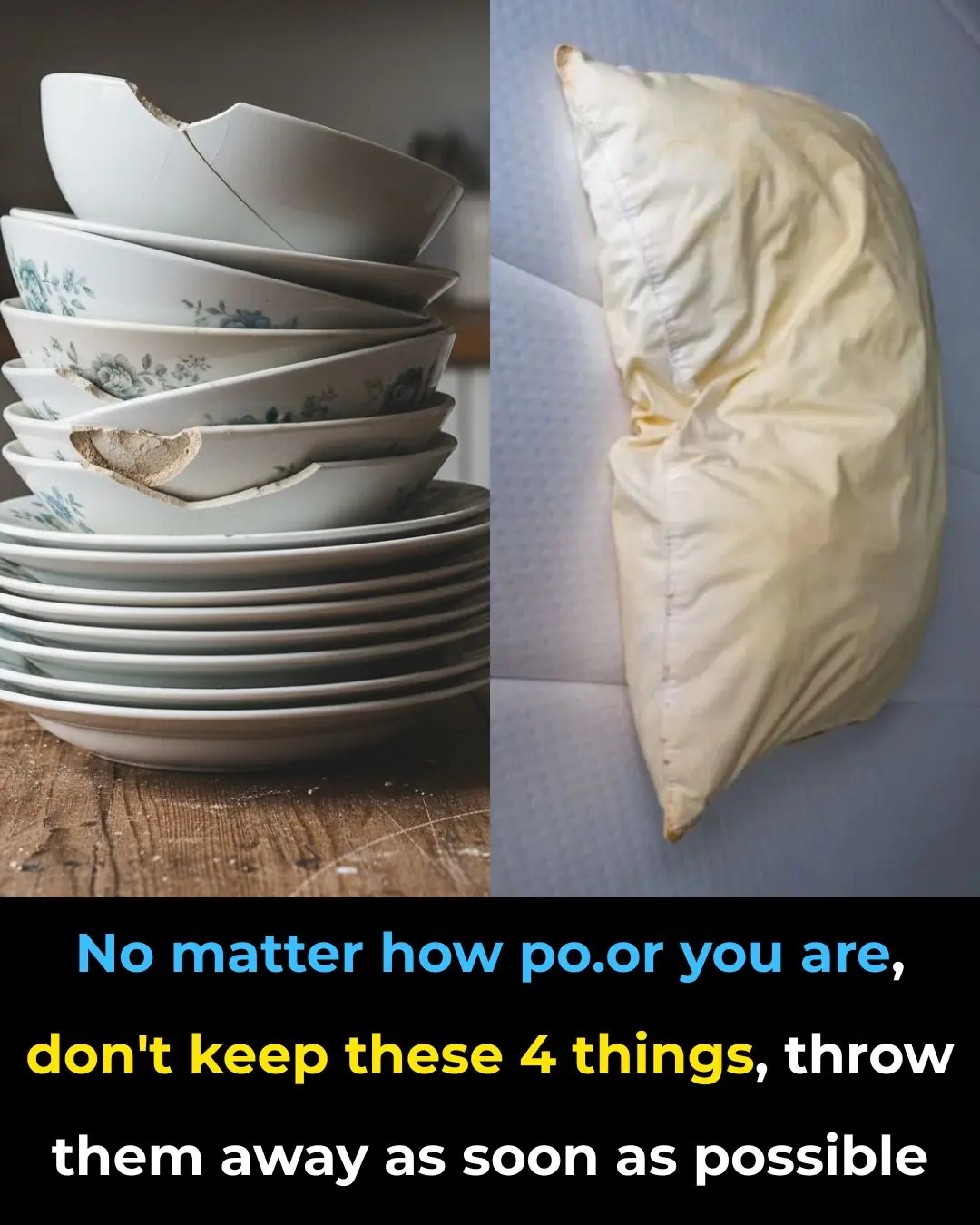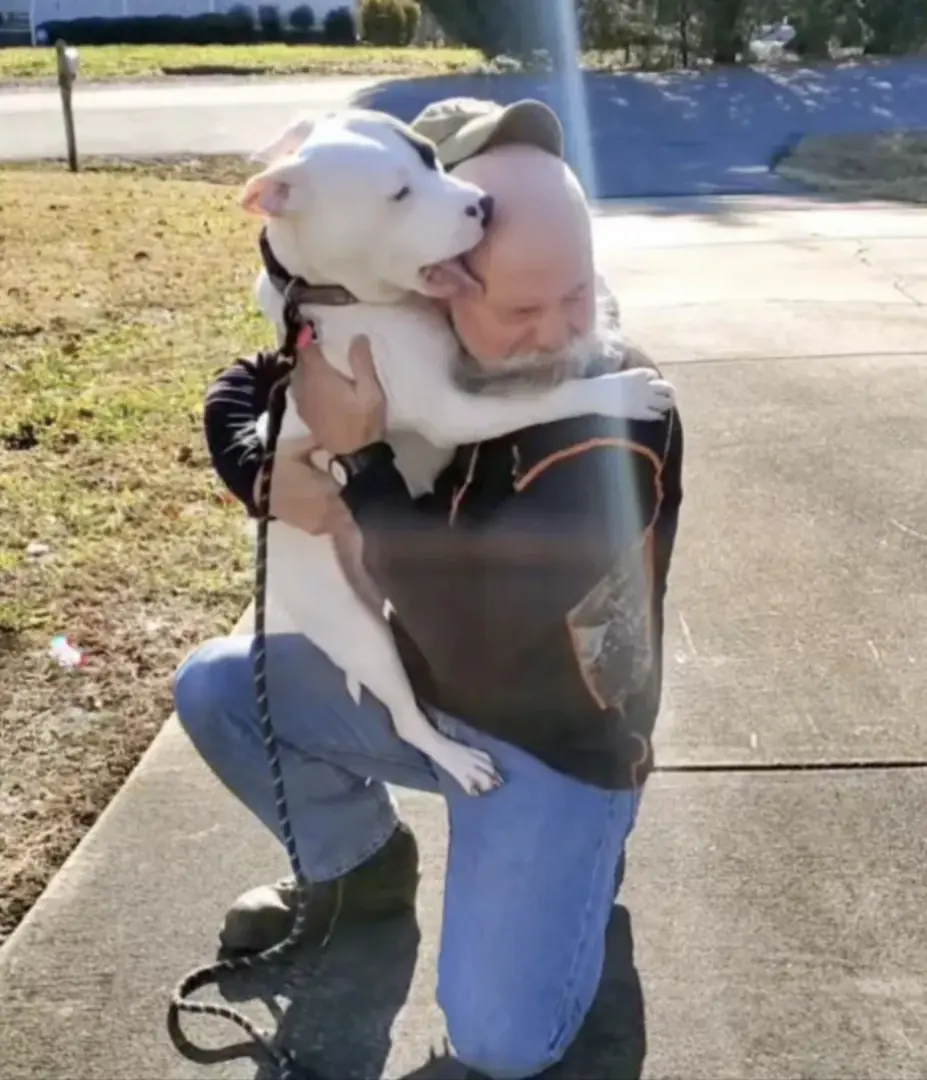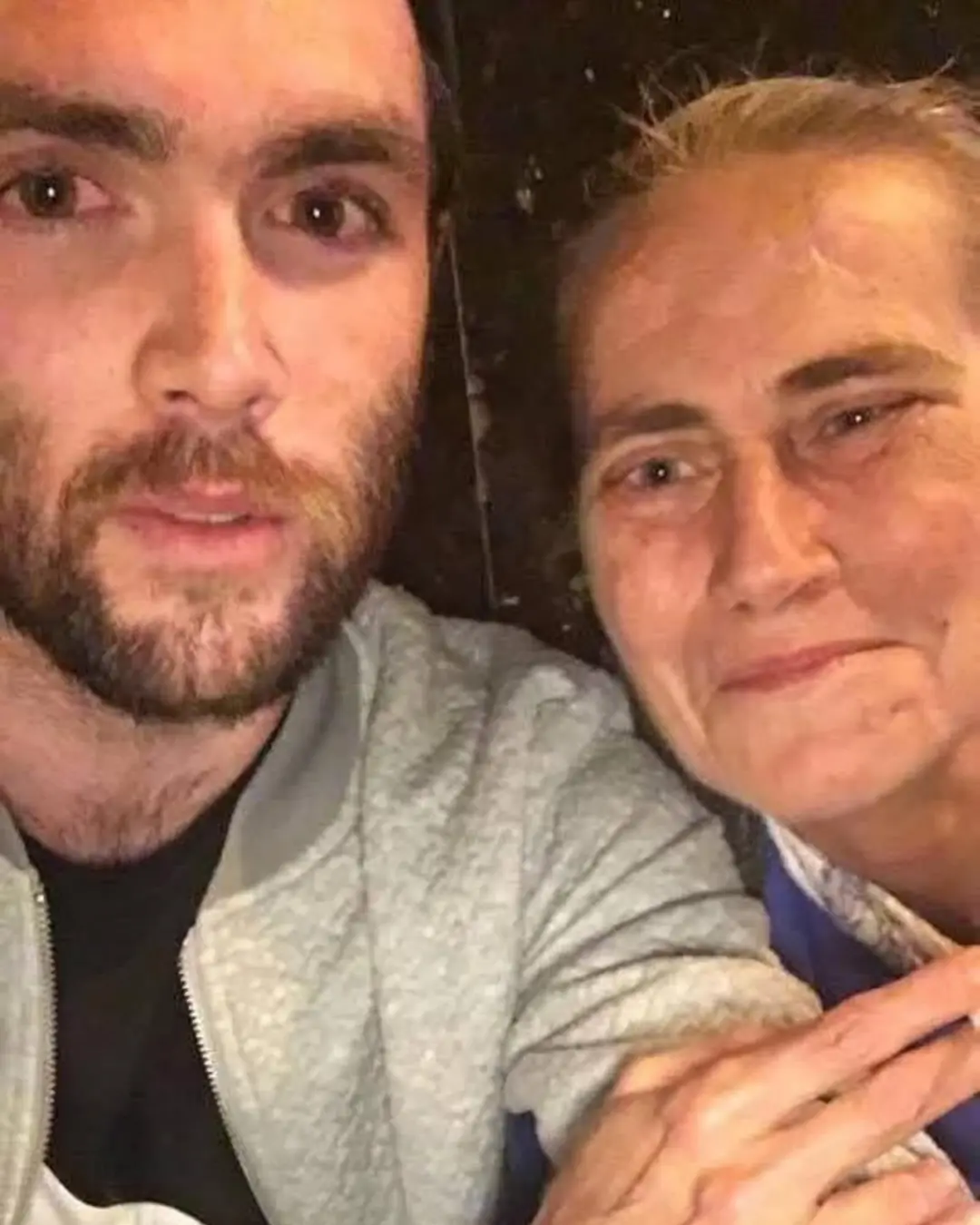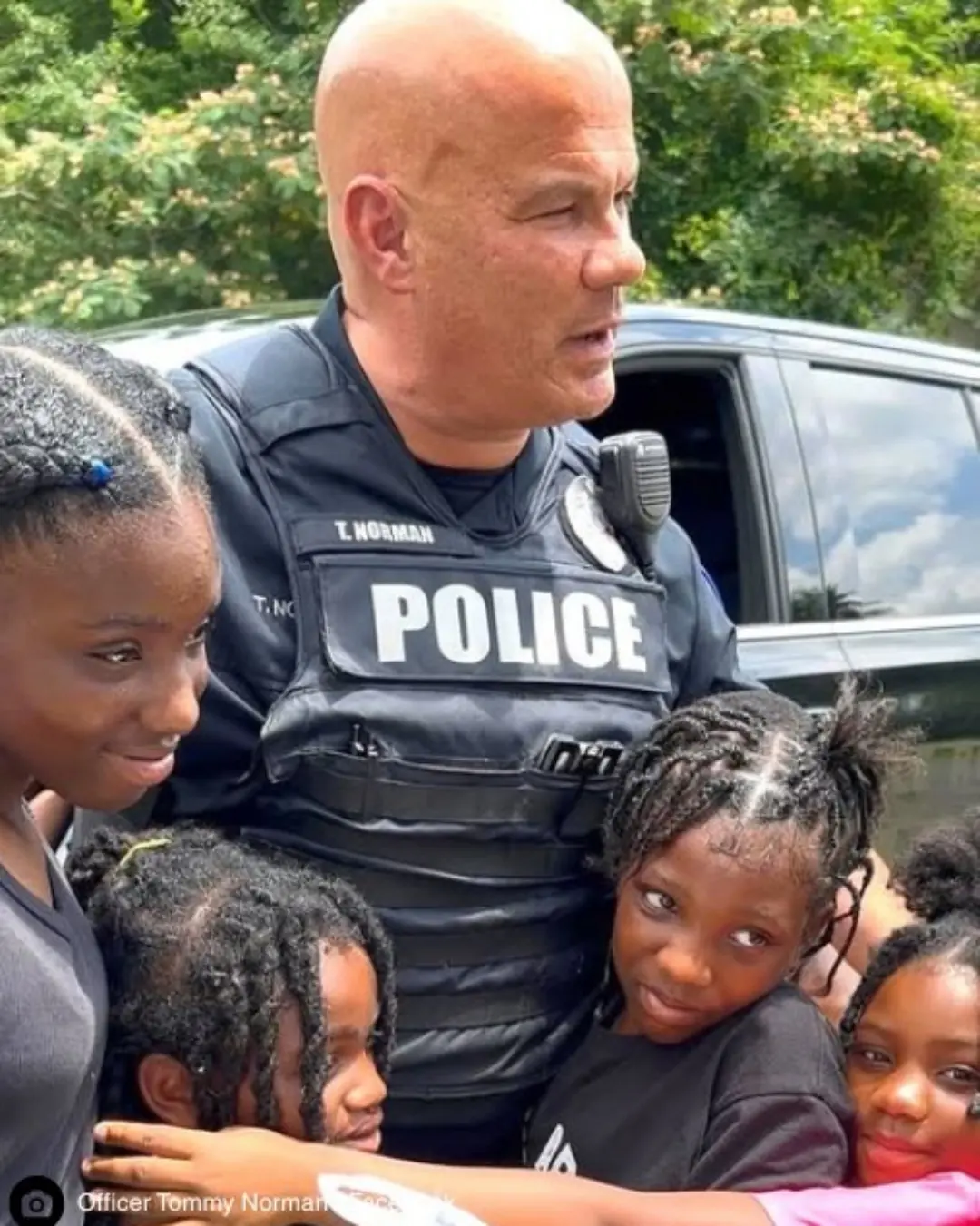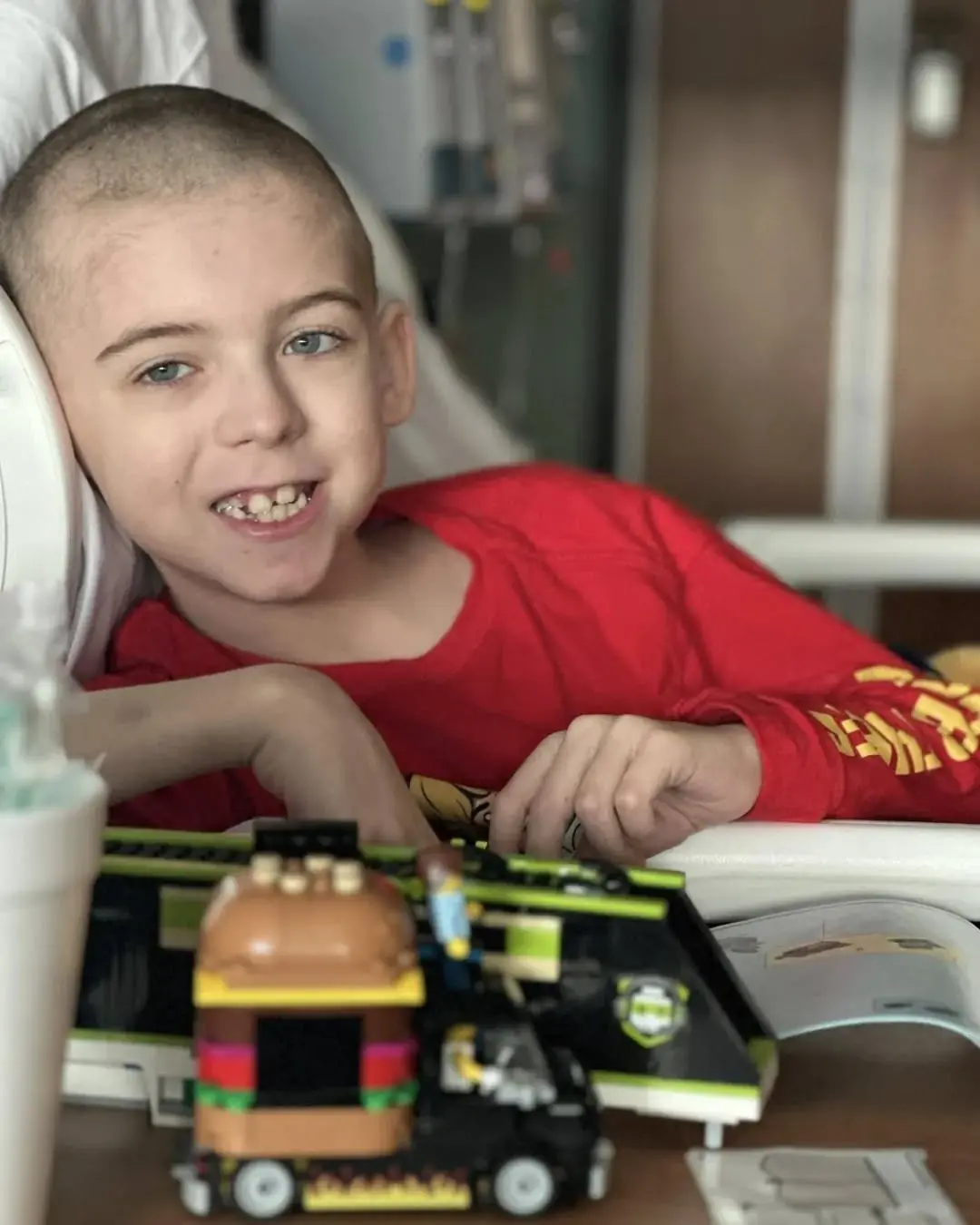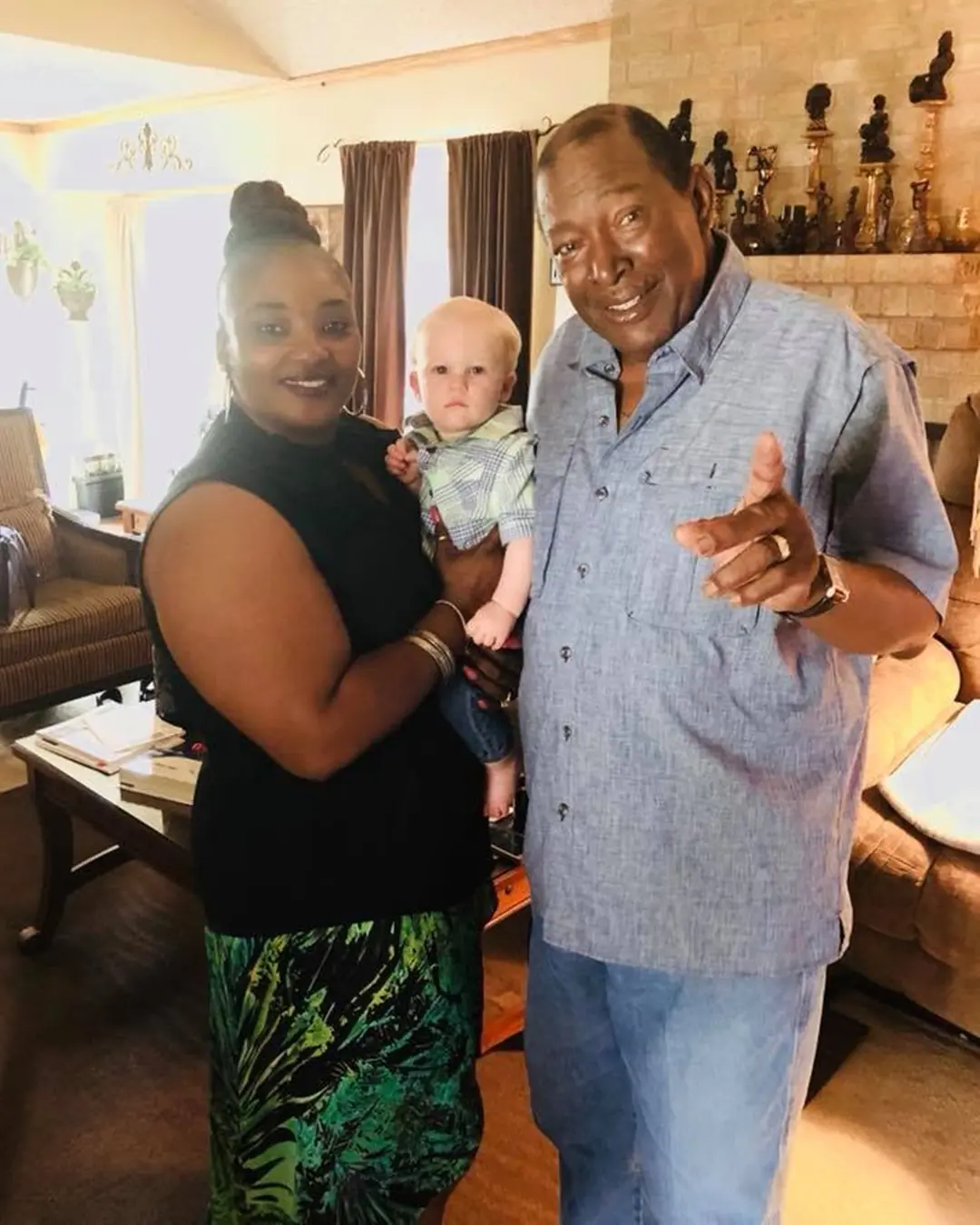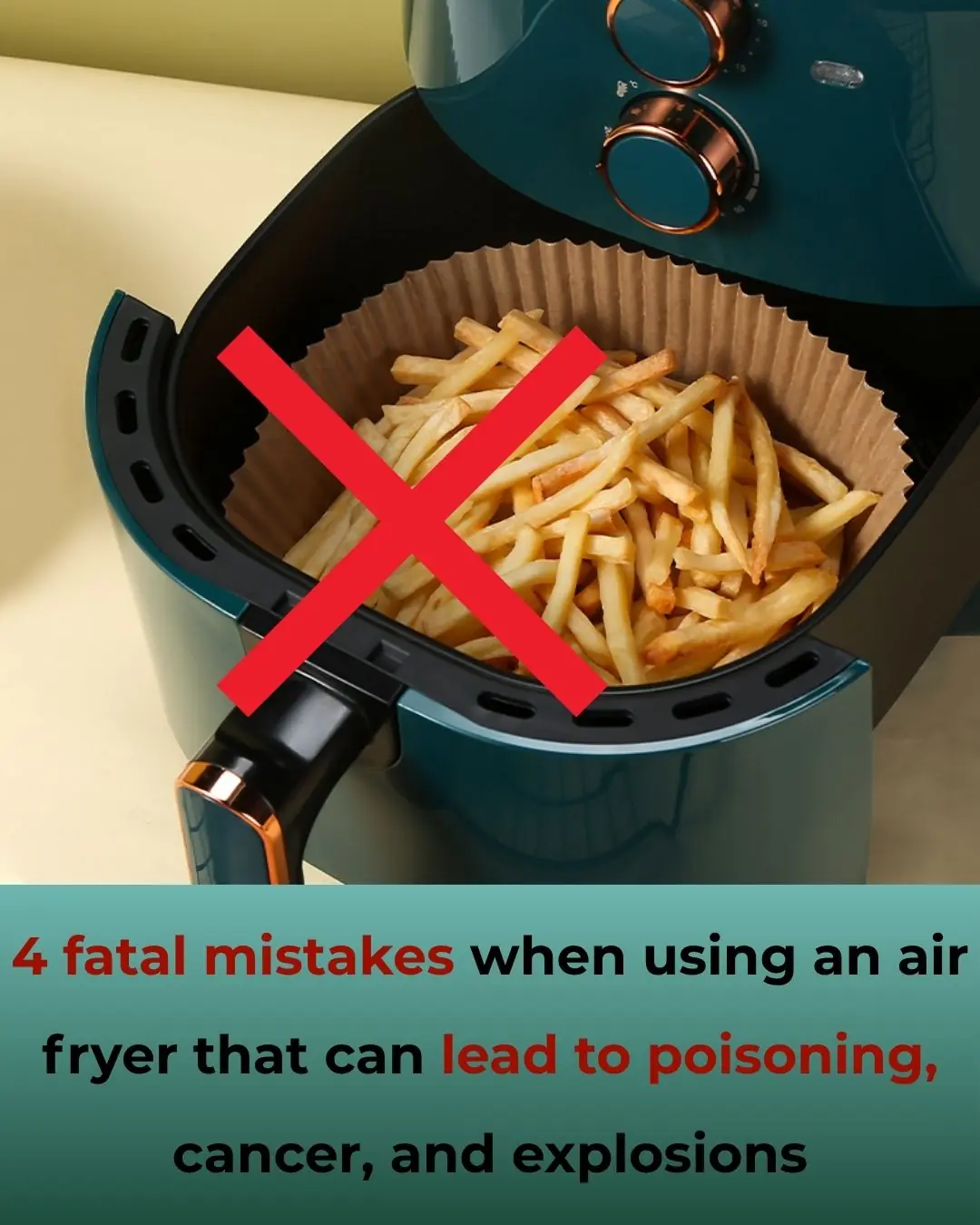9 Subtle Signs Your Adult Child May Secretly Resent How You Raised Them
Raising children is one of life’s most complex journeys — full of love, sacrifice, and difficult decisions. But what happens when your adult child, despite growing up, still carries emotional baggage from those early years?
Resentment doesn’t always show up in arguments or angry words. In fact, it often hides in subtle behaviors — quiet distancing, polite avoidance, or unexplained tension. If you’ve ever sensed something was “off” but couldn’t quite name it, these 9 signs may help clarify what’s going on beneath the surface.
1. They Never Ask for Your Advice or Help
When your adult child consistently makes major life decisions without consulting you — about jobs, relationships, finances — it may not just be independence. It could reflect a lack of trust in your guidance.
Even when you offer unsolicited advice, it’s often brushed off or dismissed. This distancing can stem from earlier experiences where they felt unsupported, judged, or misunderstood — and they’ve since learned to rely on themselves instead.
2. They Raise Their Own Children Very Differently
If your adult child is parenting in a way that feels like the opposite of how you raised them, it’s not just a style choice — it may be a response to pain.
A once overly strict household might now lead to permissive parenting. A lack of emotional support could drive a hyper-attentive, gentle approach. Often, they’re not just trying to raise “better kids”—they’re trying to heal their own childhood wounds in the process.
3. They Make Indirect Comments About the Past
Sarcastic jokes or side remarks about childhood—like “At least I listen to my kids” or “Must be nice to feel supported”—may sound harmless, but they often reveal real, unresolved hurt.
These moments suggest they’re carrying emotional weight from the past but don’t feel safe enough (or ready) to confront it openly.
4. They React Strongly to Familiar Parenting Behaviors
Do they become unusually defensive when you offer guidance or feedback—even if it’s well-meaning?
These overreactions are often emotional flashbacks. Your words might remind them of how they once felt judged or controlled. Their response may seem disproportionate, but to them, it’s a deep-rooted pain resurfacing.
5. They Enforce Strict Rules Around Their Own Kids
If you’re only allowed limited access to your grandchildren or are carefully monitored when you’re with them, it may reflect lingering trust issues.
Your adult child may be trying to protect their kids from experiences they found harmful. These boundaries aren’t just about parenting preferences — they’re often driven by unspoken fear or pain.
6. They Rarely Credit You for Their Successes
If your child gives credit to teachers, mentors, or “just working hard” — but rarely acknowledges your role — it may suggest that they see their achievements as in spite of their upbringing, not because of it.
This isn’t always about ignoring your efforts. It’s often about unresolved emotional wounds that make it hard to balance the good with the bad.
7. They Bring Up Long-Forgotten Incidents
You may be surprised when they mention moments you thought were insignificant — a forgotten recital, an unfair punishment, or something said in anger years ago.
These moments may have had a far greater emotional impact than you realized. When they bring them up decades later, it’s a sign they’ve been carrying that memory—and its weight—for a long time.
8. They Avoid Old Family Traditions
If your adult child steers clear of family holidays or reinvents traditions entirely, it might not be about being busy — it could be about avoiding stress, pressure, or pain linked to those memories.
Traditions that once felt rigid, emotionally cold, or conflict-filled can leave deep impressions. Creating new ones is often an attempt to build a more peaceful emotional environment for their own family.
9. They Turn to Others for Emotional Support
When your adult child shares big life updates with others first, seeks guidance from outside mentors, or emotionally leans on people outside the family — it may mean you’re no longer their safe space.
This often stems from emotional needs that went unmet growing up. It’s not always a conscious rejection, but it can feel deeply personal if you’re on the outside looking in.
What This Means (and What You Can Do)
These signs don’t mean you failed as a parent. They mean there may be unspoken emotional needs, misalignments, or hurts from the past that haven’t yet been healed.
If you recognize some of these patterns:
- Start with curiosity instead of defensiveness.
- Open a space for honest conversation without judgment.
- Be willing to hear their version of the past — even if it’s painful.
- And most of all, remember that it’s never too late to rebuild trust.
Healing doesn’t require perfection. It requires presence, empathy, and the courage to listen.


